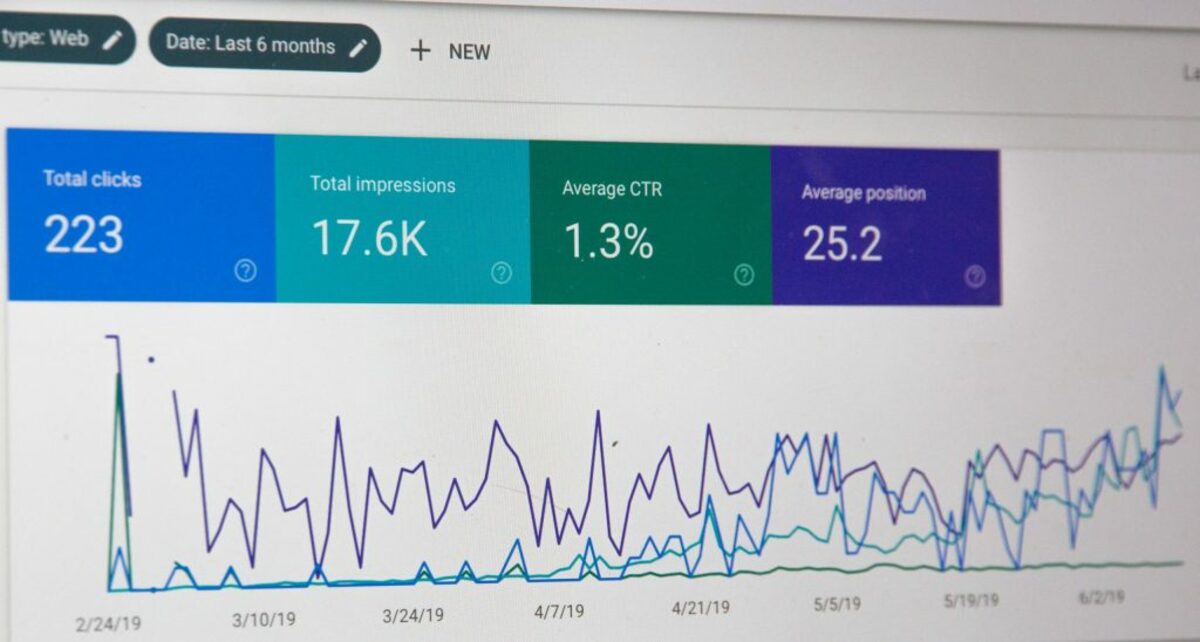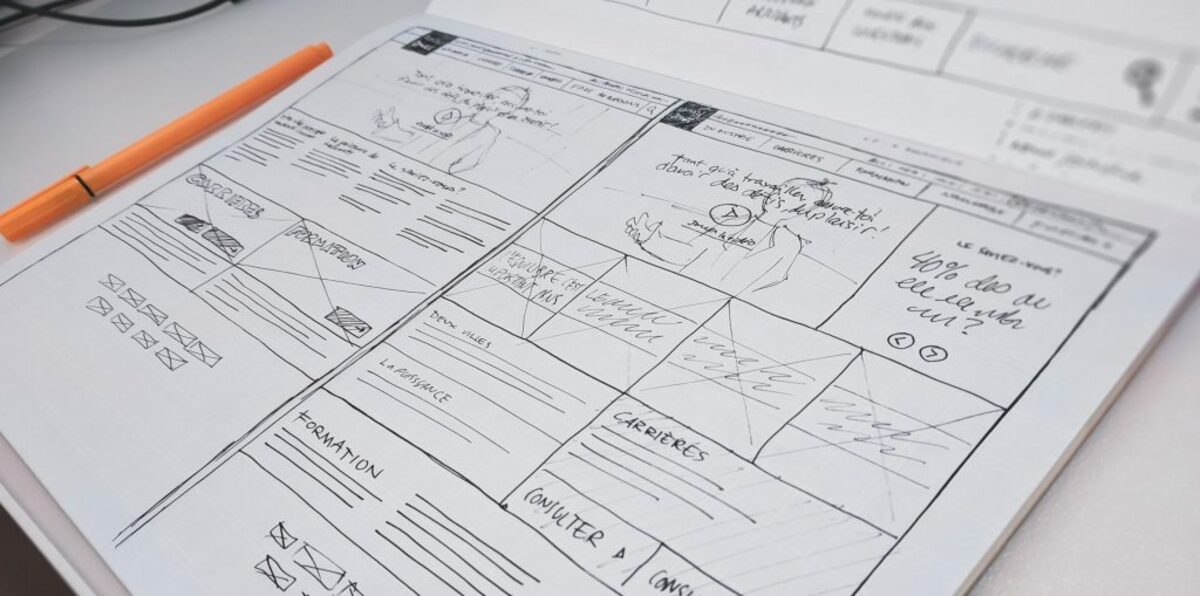If you’ve just launched a new site, it’s going to take some time before it becomes established on the web and starts attracting traffic. Building an aesthetically pleasing site isn’t enough to attract visitors and start making sales. People have to know that your website actually exists in order to visit it.
The good news is, SEO (Search Engine Optimization) can help you speed this process up. In this article, we’re offering 7 SEO tips specifically chosen for new sites.
1. Choose Good SEO Hosting
It should be noted that SEO can be a somewhat tricky topic. There are certain limitations you might not be aware of, and, more importantly, search engines are constantly updating and changing. For this reason, you should consider hiring an SEO hosting company, especially one that provides reliable web hosting Perth. To learn more, you can visit website.
At regular hosting, thousands of sites are hosted on the same shared servers and share the same IP, which can result in negative points with Google.
A good SEO host will provide a dedicated IP for each site, private nameservers for each domain, a single control panel to manage all your domains, search engine optimization strategy, and other SEO-friendly services to help bring a site to the top of search engine pages while significantly easing up the workload on you.
2. Choose a Good Domain
Choosing a domain name might seem like a minor and unimportant task, but be sure to give it enough thought. Your domain name is an important ranking factor as it lets search engine bots know what your site is about.
Ideally, it should include a primary keyword you want your site to rank for, reflect your brand, and give basic information about your product or service. In addition, your domain name should be unique, simple, short, and easy to remember.
Sounds complicated? It is if you search for domain names manually. Luckily, there’s a number of online tools you can use to brainstorm domain ideas and check if your desired domain name is already taken.
3. Plan Your Website’s Architecture
Every website, no matter how small it may be, needs a solid and logical architecture to help search engines understand where the cornerstone content is on your website and index that content quickly.
An organized site structure will also prevent similar web pages from competing with each other because the more important ones will be indexed first and rank better in the SERPs. Finally, a clean architecture will make it easier for users to find what they’re looking for, essentially contributing to a better UX.
4. Perform Keyword Research

Determining early on which keywords you want to use on your website’s title tags and throughout the content is crucial for getting your new website ranking more quickly. No one knows your brand and products better than you do, so think about what terms and phrases your audience would use when searching for products in your niche.
According to a leading SEO services company, first, you must make a list and try typing some of your keyword options into the Google search bar to see what autocomplete suggestions you’ll get. These can give you an idea of how users search for brands similar to yours. You can also use keyword tools like Keyword Surfer, Keyword Sheeter, and Google Keyword Planner to find search query info, keyword suggestions, competition, etc.
5. Create Content Before Launch
Complete your homepage and other pages where content won’t change very often (such as the About Me” and contact page) before launching your site. Create the content on these pages with your selected keywords in mind, and be sure to expand and update your site on a regular basis by adding about one or two new posts per week.
Planning your content in advance with the help of a comprehensive content calendar can help you stay ahead of the game, give you enough time to create new content, and allow you to track your content efforts. You can draft a weekly timeline of topics and keywords related to those topics or create a detailed content calendar a few months in advance.
Content curation requires a lot of time and energy from you, therefore the optimal solution would be to partner with SEO experts, such as New Jersey SEO, that will make sure to create the best content for you.
6. Be Sure Your Design Is Mobile-Friendly
These days, people find it more convenient to browse the internet using their smartphones, which is why you need to ensure that your site is optimized for mobile. Moreover, Google now uses the mobile-first index for every site, i.e., the mobile version of any website will be the primary result in the Google index.
So, how can you make your website mobile-friendly? Start by making sure that the text of your mobile version is laid out well and is easy to read. Text that’s too close or too small can impede your website’s SEO performance. Consider including a viewport meta tag so that your site resizes to fit any device screen automatically.
Next, pay attention to your page loading speed. Loading speed is also an important ranking factor, which makes it an important SEO strategy as well. Some ways to improve your site’s load times include reducing server response times, minifying code, and reducing image size. These pointers were all applicable if you’re using a premium or cheapest website builder when you’ve created your own site.
7. Submit a Sitemap to Google Search Console
Formerly known as Google Webmaster Tools, Google Search Console is a very important set of tools you can use to help your new website’s SEO. One of the things the Google Search Console enables you to do is upload a sitemap of your site.
By doing so, you allow Google to crawl your website and index all of the pages and content on it. Why is this important? Because all these can show up in search results only after they’ve been indexed.
Final Thoughts
Search engine optimization is complicated, and if you’re just starting to learn SEO for a new site, it can be quite daunting. Luckily, you can always hire experts to do the heavy lifting for you or, if you can’t afford it, you can rely on our tips. Of course, these 7 tactics are just the tip of the iceberg, but gaining a basic understanding of SEO will allow you to get started off the right foot.
Terry Cane is the COO at http://SEOHost.net/, a reliable and supportive SEO hosting partner. You can follow/tweet her @SEOhostnet.






